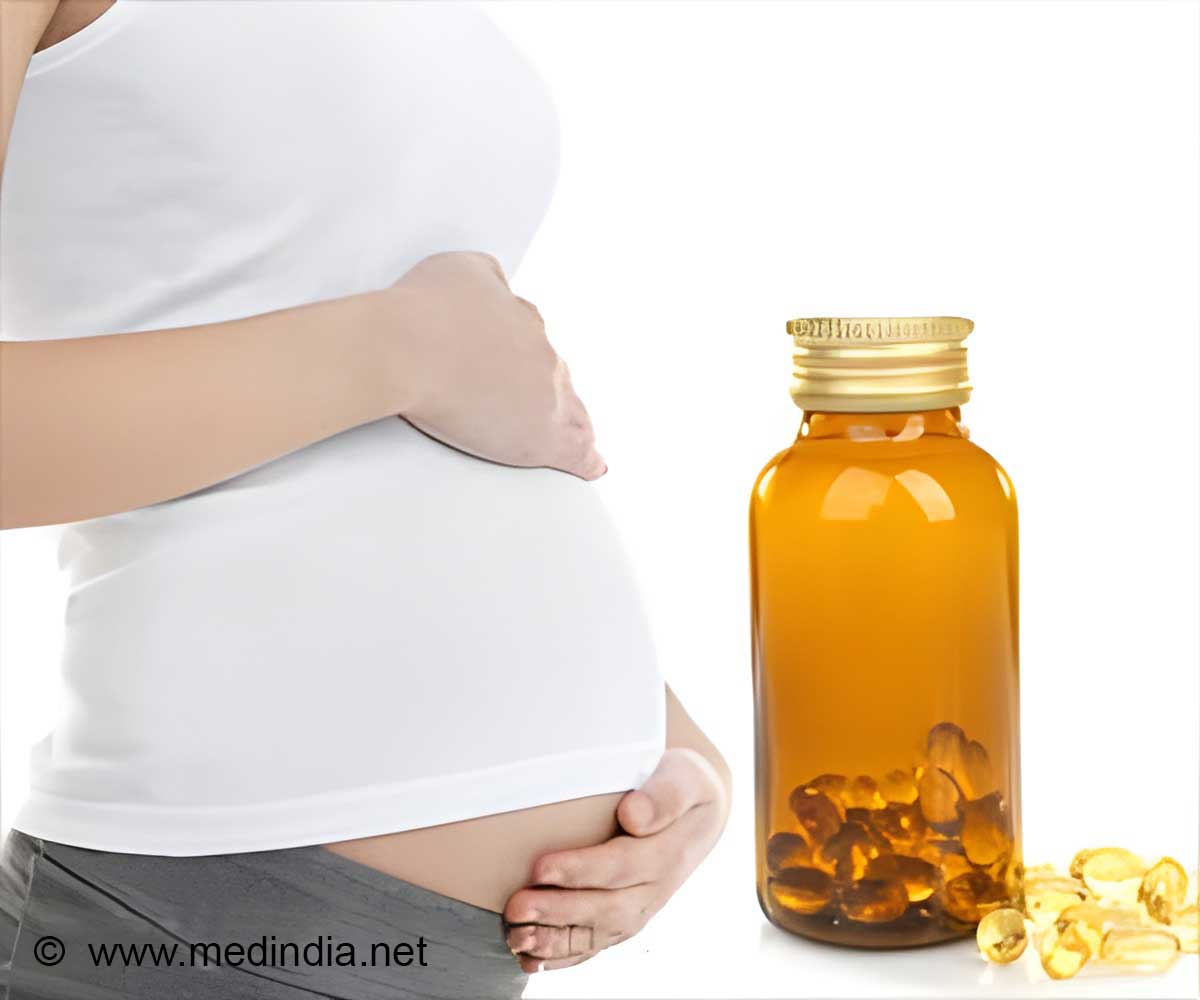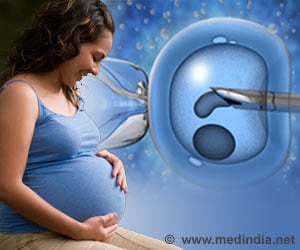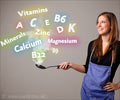Live births were a third more likely to occur in women who had the right amount of vitamin D when compared to women who did not.

TOP INSIGHT
Women who have sufficient vitamin D were 34% more likely to have a positive pregnancy test and 46% more likely to achieve a clinical pregnancy.
Dr Chu, from the University of Birmingham's Institute of Metabolism and Systems Research, cautioned that the findings do not mean that vitamin D supplementation necessarily improves women's chances of having a baby following ART as the research can only show an association.
Dr Chu said: "Although an association has been identified, the beneficial effect of correction of vitamin D deficiency or insufficiency needs to be tested by performing a clinical trial.
"In the meantime, women who want to achieve a successful pregnancy should not rush off to their local pharmacy to buy vitamin D supplements until we know more about its effects. It is possible to overdose on vitamin D and this can lead to too much calcium building up in the body, which can weaken bones and damage the heart and kidneys."
The researchers analyzed data from 11 published studies that included 2,700 women who were undergoing ART (in vitro fertilization (IVF), intracytoplasmic sperm injection (ICSI) and/or frozen embryo transfer) and whose vitamin D status had been checked through blood tests.
A similar result was seen when the researchers looked at the results of pregnancy tests and clinical pregnancies (where a fetal heartbeat could be detected). When compared with women who had deficient or insufficient concentrations of vitamin D, women who had sufficient vitamin D were 34% more likely to have a positive pregnancy test and 46% more likely to achieve a clinical pregnancy. No associations were found between miscarriage and vitamin D concentrations.
The main source of vitamin D for people is sunlight. In the winter months it can be hard to get enough vitamin D and, in addition, some people are more at risk of vitamin D deficiency, for example, those who don't get outdoors much, people with dark skin from African, African-Caribbean and South Asian backgrounds, and people who wear clothes that cover most of their skin when they are outdoors.
Other studies have shown that there are higher conception rates in summer and autumn when women might be expected to have more vitamin D due to exposure to summer sunshine. Foods such as oily fish, red meat, liver and egg yolks also provide vitamin D, as well as vitamin D supplements.
The researchers say that possible mechanisms for the role played by vitamin D in pregnancy may be that it affects the success of embryo implantation in the womb in some way or that it is an indication of the general well-being of the women.
"Testing for vitamin D concentrations is relatively cheap and widely available and its treatment is not costly," said Dr Chu. "It could be that correcting vitamin D deficiency could benefit women undergoing assisted reproduction treatment, but further research is needed to test this."
The study had some limitations. These included the fact that the studies analyzed were often quite different and that vitamin D was assessed before ART was started in some studies and at the time that eggs were retrieved from the women in other studies.
Source-Eurekalert
 MEDINDIA
MEDINDIA



 Email
Email










